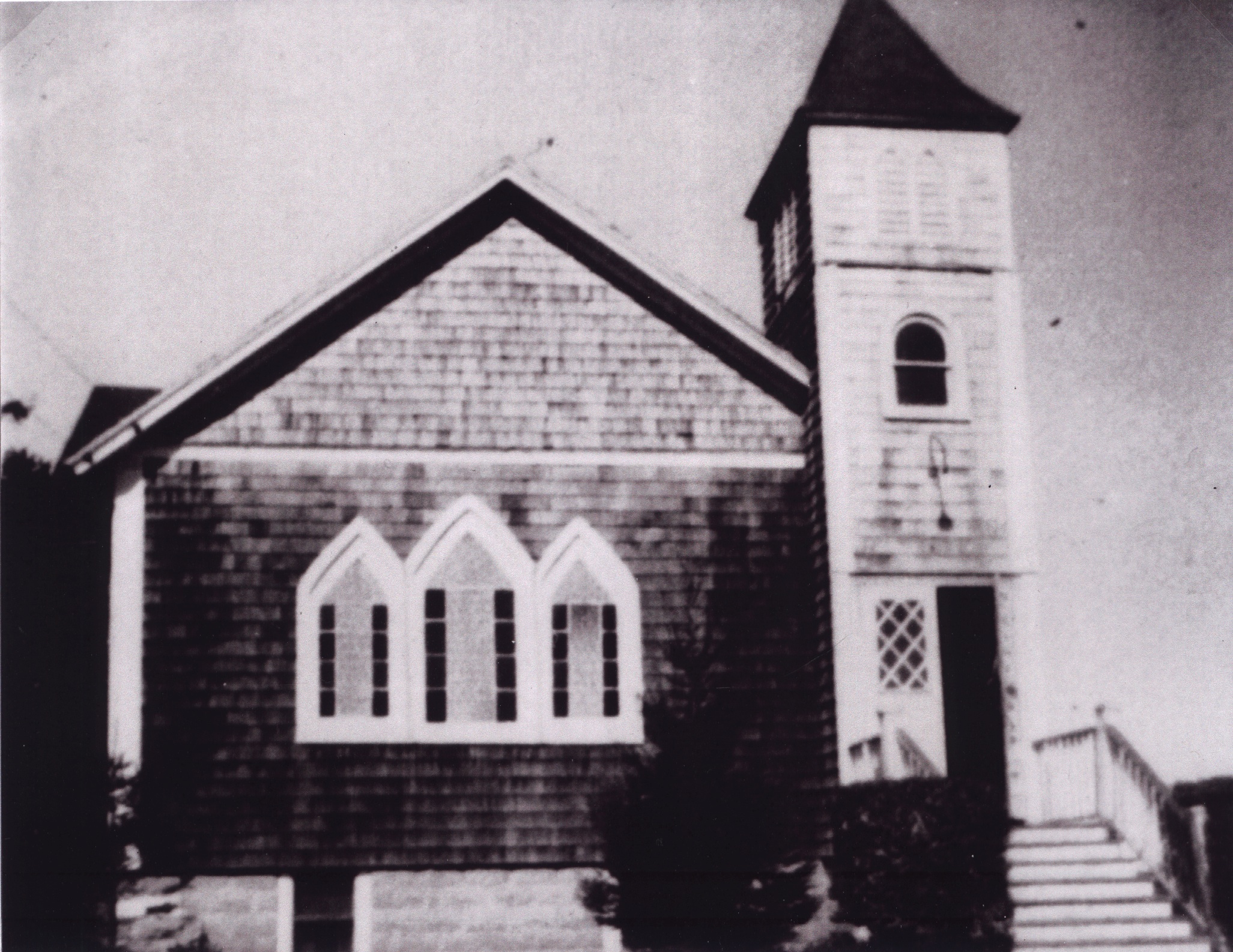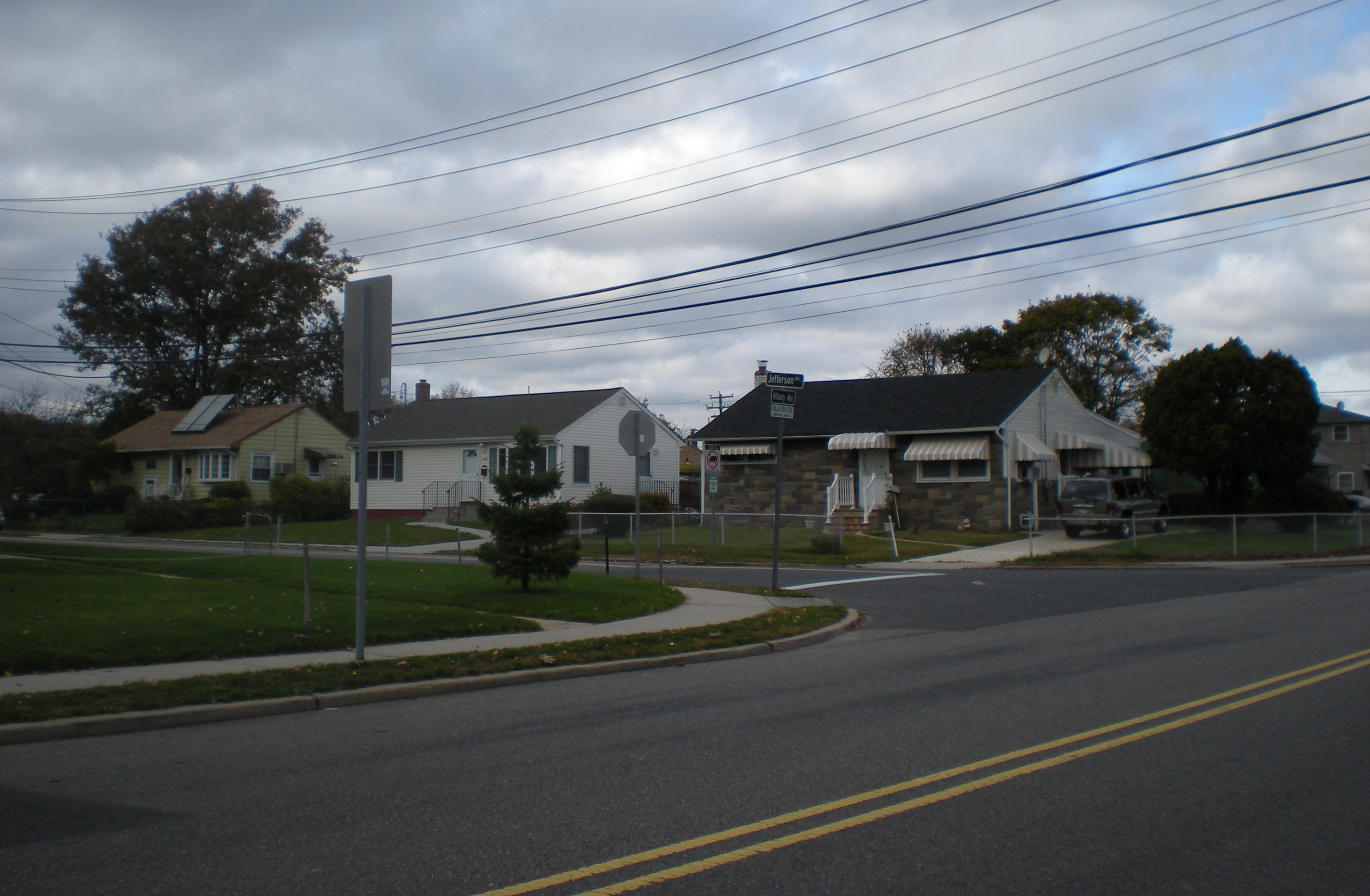The Bethel AME Church of Amityville was the first black church on Long Island. Daniel Squires and Delaney H. Miller organized the church in 1815 after founding the Sunday school one year earlier. The school and church met in the homes of Amityville residents for the next 20 years.
In 1839, Elias and Fanny Hunter offered land on Albany Avenue to the congregation but it would take four more years for the church to call this home. A building previously used as an icehouse was donated in 1843, and moved to the site on Albany Avenue. This small building was refurbished and served as the first church building for the Bethel AME Church in Amityville.
Squires, Miller, Hunter, Fowler, Brewster, Devine, and Steel are among of the oldest black family names in Amityville. People of African descent moved to Amityville in the 18th century seeking work and others were brought there enslaved. The large farms that dotted the landscape required seasonal labor.
Benjamin Bates served as the first pastor for the Bethel AME Church. He travelled from Jamaica, Queens each Sunday by foot to preach to the congregation until they were able to provide him with a horse.
The Church included an auditorium, stained glass windows, and a steeple by 1843. The congregation continued to grow, and in the 1960s, the Church moved to a larger building at its current location in Copiague. The Church’s original building on Albany Avenue was destroyed by a fire in the 1980s.

